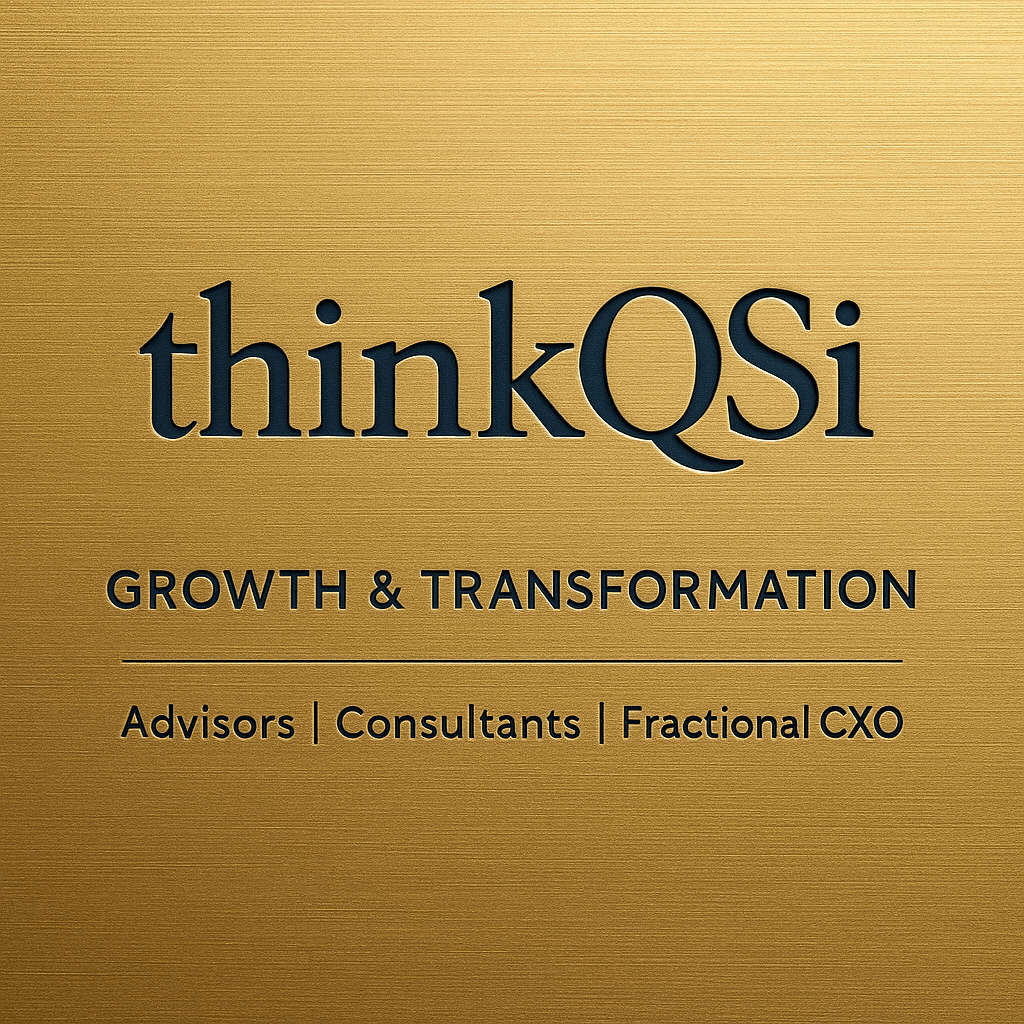Uncovering Hidden Inefficiencies: A Guide to Operational Efficiency Consulting
Understanding Operational Efficiency Consulting
Operational efficiency consulting is a strategic approach that helps businesses uncover hidden inefficiencies within their operations. By streamlining processes and optimizing resources, companies can significantly enhance productivity and reduce costs. This form of consulting is vital for organizations looking to stay competitive in an ever-evolving market.

Identifying Hidden Inefficiencies
Many organizations unknowingly operate with inefficiencies that can drain resources and stifle growth. Some common areas where inefficiencies may be found include supply chain management, production processes, and administrative functions. By conducting a thorough analysis, consultants can identify these hidden issues and provide actionable recommendations.
Supply Chain Management
Inefficiencies in the supply chain can lead to increased costs and delays. Consultants analyze logistics, procurement, and inventory management to identify bottlenecks and streamline operations. This can result in faster delivery times and reduced expenses.

Production Processes
In the realm of production, inefficiencies can occur due to outdated technology, poor workflow design, or lack of employee training. Consultants assess the current processes and suggest improvements that can enhance productivity and quality, ensuring that production lines operate at peak efficiency.
Benefits of Operational Efficiency Consulting
Investing in operational efficiency consulting can yield numerous benefits for a business. Here are some of the key advantages:
- Cost Reduction: By eliminating waste and optimizing resource use, companies can significantly cut costs.
- Improved Productivity: Streamlined processes lead to faster output and better use of employee time.
- Enhanced Customer Satisfaction: Efficient operations lead to timely deliveries and improved product quality, boosting customer satisfaction.

Choosing the Right Consultant
Selecting the right operational efficiency consultant is crucial for success. Businesses should look for consultants with a proven track record, industry expertise, and a comprehensive approach to problem-solving. Effective communication and a collaborative mindset are also essential traits of a good consultant.
Implementing Recommendations
Once inefficiencies are identified, the next step is to implement the consultant's recommendations. This process involves careful planning, employee training, and monitoring to ensure the changes are effective. Businesses should be prepared for an adjustment period as employees adapt to new processes and systems.
Monitoring and Continuous Improvement
Operational efficiency is not a one-time achievement but an ongoing process. Businesses should establish metrics to monitor progress and continuously seek opportunities for improvement. Regular evaluations and updates to processes can help maintain efficiency gains over time.

Conclusion
Operational efficiency consulting is an invaluable tool for businesses aiming to uncover hidden inefficiencies and optimize their operations. By investing in expert guidance, companies can achieve significant cost savings, improve productivity, and enhance customer satisfaction. The journey towards operational excellence is continuous, requiring dedication and a proactive approach to adapt to changing market demands.
---
Insights from Anwer Qureishi, Thought Leader & Entrepreneur
Ready to accelerate growth? Schedule a Consultation with Anwer Qureishi, Founder, Q&S International (ThinkQSi).
